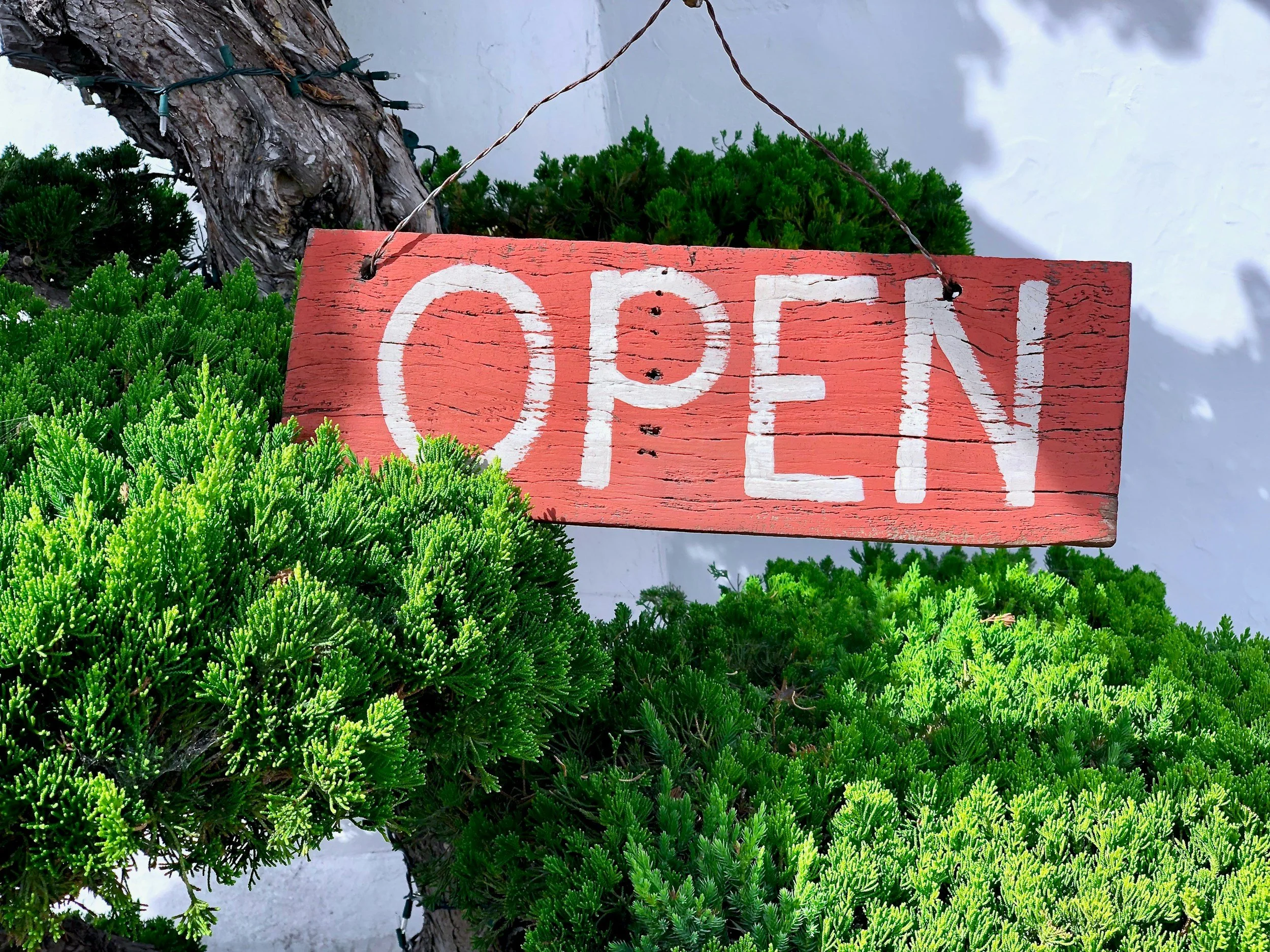Practice a radical hospitality
One of my fantasy jobs would be working as front of house in a nice restaurant. I’d be the person with a genuinely friendly welcome, so you’d feel taken care of, relaxed, and at ease. I once read an interview with the chef Skye Gyngell (she gained a Michelin star while running a restaurant in a garden centre!). She was asked about her food, and while she spoke about what she liked to cook, what struck me was that she said the food itself isn’t the most important thing. When you go out to dinner with friends, what makes it special is not just what you eat but how you’re made to feel—valued, welcomed, connected. It’s the warmth of the atmosphere and the personal connection that you remember; the great food is just the cherry on the cake.
We’ve just finished our first small retreat here—a gardening retreat. In the evenings, over dessert, we studied Padmasambhava’s text Self-Liberation through Seeing with Naked Awareness. It comes from the same cycle of teachings as The Tibetan Book of the Dead, but this one gives instructions for the bardo of life. You could say the whole teaching is in the title: everything self-liberates—resolves—when fully seen and allowed to exist.
So, what does this have to do with being front of house in a restaurant, you might wonder? For me, the text is all about practicing hospitality—a kind of radical hospitality where everything is fully welcomed. This sense of profound hospitality has stayed with me since a retreat with James Low last summer, and it’s something we can apply both to ourselves and to others. Rumi’s poem The Guest House invites us to practice hospitality towards ourselves, showing us how to welcome whatever arises in our experience -
The Guest House
This being human is a guest house.
Every morning a new arrival.
A joy, a depression, a meanness,
some momentary awareness comes
As an unexpected visitor.
Welcome and entertain them all!
Even if they're a crowd of sorrows,
who violently sweep your house
empty of its furniture,
still treat each guest honourably.
He may be clearing you out
for some new delight.
The dark thought, the shame, the malice,
meet them at the door laughing,
and invite them in.
Be grateful for whoever comes,
because each has been sent
as a guide from beyond.
How do we practice this in relation to others? By letting them be exactly as they are, by dropping judgement and evaluation. It’s so tempting to want to improve things! I confess I’m addicted to it—I can always see how something or someone could be “better”: this soup could use more acidity, this person might be nicer if they talked less. But better for whom? We all have our preferences, and I don’t think the Dharma asks us to abandon them. I like a little balsamic in a tomato soup; I like quiet company. But that doesn’t mean others should be that way too. We don’t have to turn our preferences into judgements.
I’m currently reading The Skullcup and the Teacup, based on talks by Chögyam Trungpa. At one point a student asks him, “How does the Bodhisattva go about saving all sentient beings?” His reply was one of the simplest definitions of a Bodhisattva I’ve heard: “By having trained him- or herself first. Basically, when you learn how to feel about yourself, you can show that to others.” If we can practice a radical hospitality towards ourselves—dropping judgements and just letting ourselves be—others will see this and learn that they too can take a far more generous attitude towards themselves.
A little phrase I often use in meditation is: everything just wants to have its little life. A sadness, a jealousy, a burst of anger—let them all have their little life. They arise, they pass. Buddhism teaches us that everything is impermanent, so why not trust this truth and allow everything to live out its little life? The alternative is more problematic: an anger that isn’t allowed to exist—suppressed or denied—turns into something far darker. Maybe the same is true of joy?
So if we aspire to help all sentient beings, perhaps the most direct path is simply to practice this towards ourselves, and let others see that.
After experimenting with all kinds of imaginative ideas for what to call our new place, we’ve settled on “The Guesthouse.” It’s a rather prosaic name, but I love that too—the ordinariness of it.
Next year we’d like to welcome you to The Guesthouse—whether for a retreat, a solitary, or simply a quiet break. A place where you can feel at home, and where we’ll practice a radical hospitality together.

